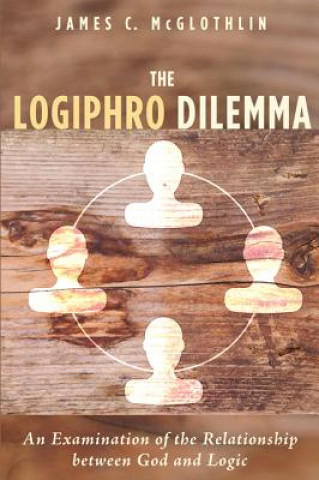
Kód: 15464975
Logiphro Dilemma
Autor James C. Mcglothlin
Is God above logic? If so, is he irrational? Is God subservient to logic? If so, is he really omnipotent? These questions are similar to Socrates' infamous challenge to explaining God's relation to morality, the so-called Euthyphr ... celý popis
- Jazyk:
 Angličtina
Angličtina - Vazba: Brožovaná
- Počet stran: 194
Nakladatelství: Pickwick Publications, 2017
- Více informací o knize

Mohlo by se vám také líbit
Darujte tuto knihu ještě dnes
- Objednejte knihu a zvolte Zaslat jako dárek.
- Obratem obdržíte darovací poukaz na knihu, který můžete ihned předat obdarovanému.
- Knihu zašleme na adresu obdarovaného, o nic se nestaráte.
Více informací o knize Logiphro Dilemma
Nákupem získáte 83 bodů
 Anotace knihy
Anotace knihy
Is God above logic? If so, is he irrational? Is God subservient to logic? If so, is he really omnipotent? These questions are similar to Socrates' infamous challenge to explaining God's relation to morality, the so-called Euthyphro dilemma. In this book McGlothlin argues that the Euthyphro challenge can be extended to help explain the relationship between God and logic, what he call the Logiphro dilemma. Logic, on this account, depends on aspects of God's mind other than God's will. This is a nonstandard form of theistic logical dependence. It contrasts both with the standard form of theistic logical dependence, according to which logic depends on God's will, and with theistic logical independence, according to which logic is independent of God. These rival views can be seen as the horns of the Logiphro dilemma: either logic depends on God's will, in which case special revelation would no longer be communicable; or logic is independent of God, in which case core claims of classical theism--for example, that God is the only independent being--would be violated. The best way to escape both of these horns, according to McGlothlin, is to adopt the nonstandard form of theistic logical dependence. ""For anyone interested in the knotty issue of God's relationship to logic, this book is a must-read. Historically informed and conversant with contemporary analytic philosophy of religion, McGlothlin argues that logical voluntarism, where valid arguments are valid because God wills it so, and logical non-voluntarism, where valid arguments are valid independent of God's will, are both problematic, failing to capture important aspects of the traditional theistic picture of the divine. Finding inspiration from Aquinas, Plantinga, and Welty, McGlothlin argues for a view he calls theistic conceptual logical realism. On this view, logical validity is dependent on God yet constrained by the divine nature and hence beyond God's control. I highly recommend this book as both an excellent introduction to contemporary philosophical theology and a helpful survey of the current state of the debate related to God and abstract objects."" --Paul M. Gould, Assistant Professor of Philosophy and Christian Apologetics, Southwestern Baptist Theological Seminary ""Applying the Euthyphro dilemma to the domain of logic, McGlothlin provides a provocative and original solution to the age-old question, is logic dependent upon or independent of God's will? In an incisive and clear analysis, which attempts to retain both God's independent being as well as the cogency of special revelation, McGlothlin develops an ingenious form of theistic logical dependence."" --T. M. Rudavsky, Department of Philosophy, the Ohio State University James C. McGlothlin is Assistant Professor of Philosophy and Christian Worldview at Bethlehem College & Seminary, Minneapolis.
 Parametry knihy
Parametry knihy
Zařazení knihy Knihy v angličtině Humanities Philosophy
827 Kč
- Plný název: Logiphro Dilemma
- Autor: James C. Mcglothlin
- Jazyk:
 Angličtina
Angličtina - Vazba: Brožovaná
- Počet stran: 194
- EAN: 9781498282239
- ISBN: 1498282237
- ID: 15464975
- Nakladatelství: Pickwick Publications
- Hmotnost: 272 g
- Rozměry: 226 × 150 × 15 mm
- Datum vydání: 30. January 2017
Oblíbené z jiného soudku
-
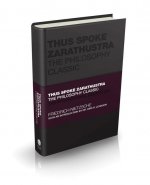
Thus Spoke Zarathustra - The Philosophy Classic
329 Kč -
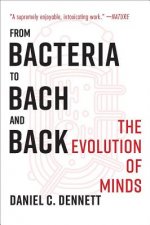
From Bacteria to Bach and Back
309 Kč -

Men Among the Ruins
614 Kč -
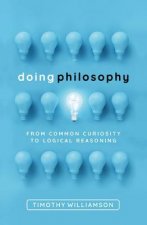
Doing Philosophy
383 Kč -
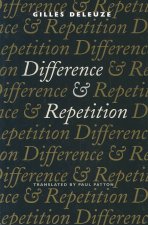
Difference and Repetition
557 Kč -

The Conspiracy Against the Human Race
433 Kč -
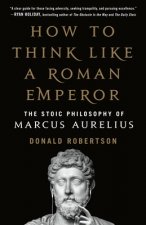
How to Think Like a Roman Emperor
402 Kč -

Teachings of Don Juan
243 Kč -
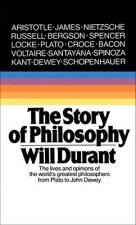
The Story of Philosophy
257 Kč -

I am That
1021 Kč -
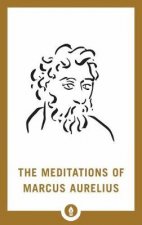
Meditations of Marcus Aurelius
276 Kč -

Monkey Business
400 Kč -
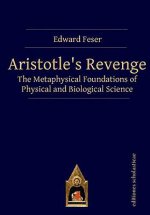
Aristotles Revenge
782 Kč -
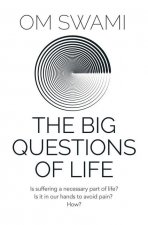
Big Questions of Life
313 Kč -

Musonius Rufus
416 Kč -

In Search of Being
576 Kč -

Nature
185 Kč -
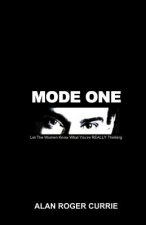
Mode One
630 Kč -
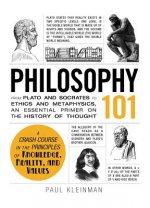
Philosophy 101
356 Kč -

Nomadology - The War Machine
322 Kč -
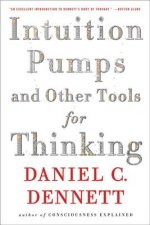
Intuition Pumps and Other Tools for Thinking
295 Kč -

From Intellect to Intuition
360 Kč -

Omnibus Homo Sacer
2828 Kč -

Mystery of Evil
531 Kč -

Daily Reflections
160 Kč -

Return to the One
453 Kč -

Desire/Love
476 Kč -

Nuclear Physics
436 Kč -

Western Philosophy: An Anthology, 3rd Edition
1090 Kč -

Built to Last
444 Kč -
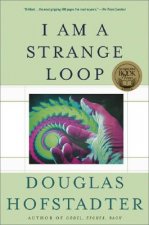
I Am a Strange Loop
549 Kč -
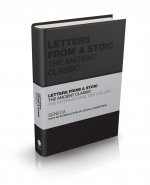
Letters from a Stoic - The Ancient Classic
329 Kč -

The Essential Philosophical Works
143 Kč -

How the World Thinks
303 Kč -
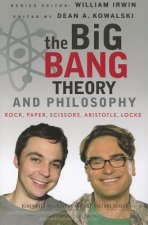
Big Bang Theory and Philosophy - Rock, Paper, Scissors, Aristotle, Locke
481 Kč -

Wisdom of Yoga
381 Kč -

Breaking Bad and Philosophy
538 Kč -

Sacred Dance Meditations
580 Kč -

Hyperculture: Culture and Globalisation
428 Kč -

Escape from Evil
485 Kč -

Imitation of Christ
116 Kč -

Machiavelli: The Art of Teaching People What to Fear
452 Kč -

Religion of Tomorrow
746 Kč -

Calendar of Wisdom
577 Kč -
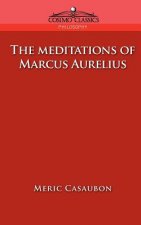
Meditations of Marcus Aurelius
337 Kč -

Mortal Questions
439 Kč -
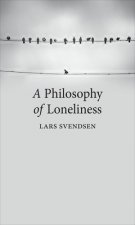
Philosophy of Loneliness
534 Kč -

Oxford Companion to Philosophy
877 Kč -

Contingency, Irony, and Solidarity
655 Kč
Osobní odběr Praha, Brno a 12903 dalších
Copyright ©2008-24 nejlevnejsi-knihy.cz Všechna práva vyhrazenaSoukromíCookies




 Vrácení do měsíce
Vrácení do měsíce 571 999 099 (8-15.30h)
571 999 099 (8-15.30h)